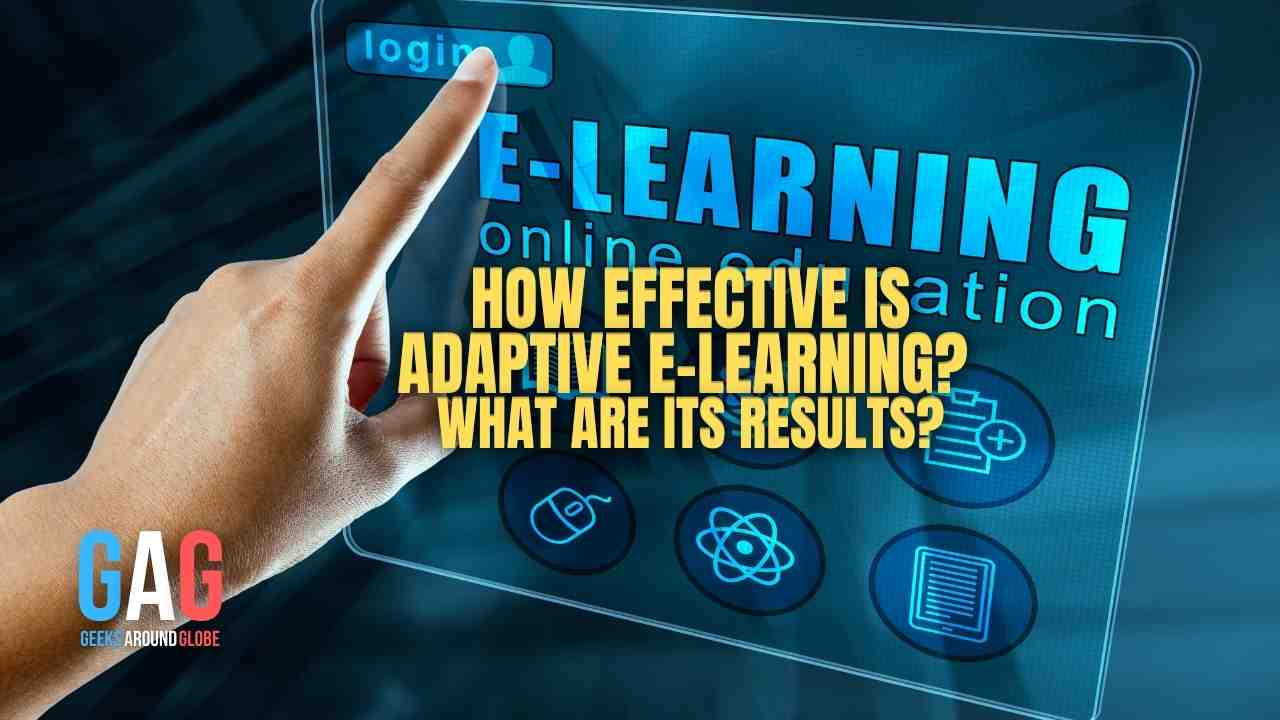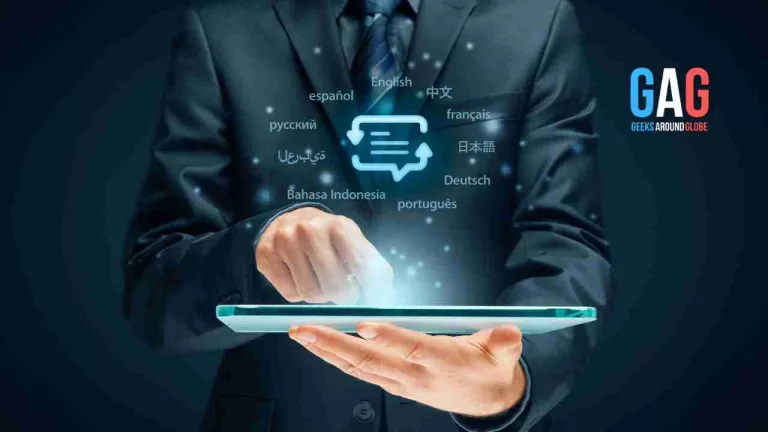Adaptive e-learning is a set of methods oriented to provide online learners with a unique and personal experience with the utmost aim of emphasizing their performance. It allows the learners to proceed in their learning on their own in accordance with their learning style and characteristics.
Adaptive learning is reshaping education. It is changing the way learning materials are delivered and giving a rise to better learning developments. Adaptive learning supports artificial intelligence (AI) to customize content to each learner’s needs. Especially, it enables the system to adapt to the level of understanding and the confidence level of the individual learners.
Benefits of Adaptive e-Learning
Before we look into what consequences adaptive learning brings, let’s have a look at the benefits it offers:
- Customization: Adaptive e-learning creates customized user experiences for learners as well as provides personalized feedback. The combination of cognitive research and computer science has brought adaptive learning. Personalized training through the right system like Totara brings an adaptable and extendable solution to meet your specific learning needs.
- Time-saving: Adaptive learning can save time by taking the complete course in half. With the course content adapted to the learner’s level of knowledge and understanding, no time is wasted presenting resources that are already acknowledged to the learner. With this approach, learners can focus on resources that will make them more useful at their job.
- Different learning experience: Adaptive e-learning utilizes algorithms to acclimate the learning experience for learners. The algorithm collects data on individual employees’ progress and accordingly creates customized goals for them. Each learner ends up having a separate learning experience, customized for them.
- Identify gaps in knowledge: Adaptive e-learning uses a question-based technique, which fruitfully demonstrates what an employee doesn’t know. The system uses this information to create customized learning material that establishes the knowledge gaps that were learned.
- Predictive analytics: Integrating adaptive learning with predictive analytics retains great possibilities for enhancing the way learners understand and bringing positive learning outputs. AI-based LMS collects and processes large amounts of data from trainees’ learning activities, and uses them to detect designs and create predictive models that identify every learner’s needs.
Evidence of effectiveness of adaptive e-learning
The evidence of the effectiveness of adaptive learning can be carved down to four bottom-line points which are engagement, pass rate, enjoyment, and grade improvement. Let’s witness its results:
- Engagement
It is absolutely clear that learning happens when you’re totally engaged in it. The aim of an ed-tech technique is to have more learners engrossed most of the time. And with technology, it is evidently possible. Emotion, skills, performance, and participation are major factors in online learning engagement. Learners seem more engaged and attentive when working with new technologies instead of old traditional books and lectures. It is also researched that 88% of the learners work inflow after the adaption of new technologies and features.
- Pass rate
Earlier, the pass rate for trials conducted via adaptive learning solutions was 67%. However, now the rate has seen a rise to 82%. The rate increased because the test was presented in a way that was better understood by learners which increased their ability to learn concepts quickly.
- Enjoyment
As we know that enjoyment is necessary to the learning experience and it is considered an aspect when customizing the procedure. It is also found that 97% of educators believe that learners enjoy learning when equipped with interactive classes including quizzes, chat boxes, puzzles, games, and more.
- Grade improvement
Adaptive e-learning decreases the gap between high and low performers and promotes learners toward excellence. It is also observed that learners worked through and persisted when adaptive learning was applied and showed a 26.6% improvement.
Conclusion
Adaptive learning is the tomorrow of education. And, learners everywhere will benefit from the select courses and models that are more closely customized to their needs. Therefore, adaptive e-learning focuses on learning styles that would help learners become more engaged as compared with conventional e-learning.







